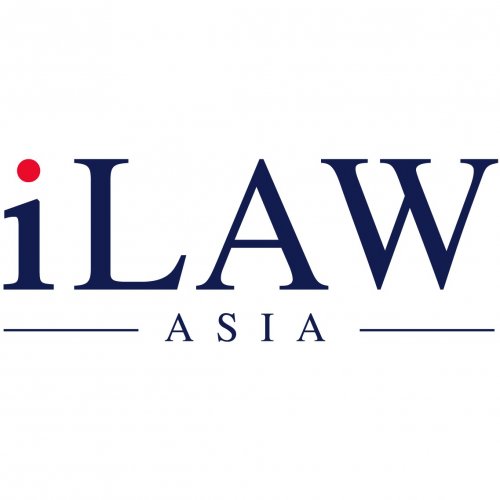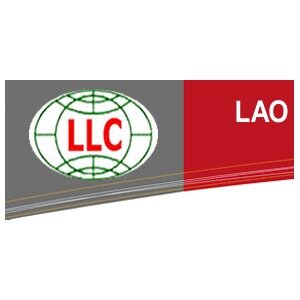Best Business Lawyers in Vientiane
Share your needs with us, get contacted by law firms.
Free. Takes 2 min.
List of the best lawyers in Vientiane, Laos
About Business Law in Vientiane, Laos
Business law in Vientiane, Laos, is governed by central government policies and regulations. These laws cover all aspects of business operations including incorporation, taxation, trading, contracts, intellectual property, and bankruptcy. Business laws in Laos are designed to foster a safe and fair business environment, while encouraging foreign investment. Implementation and enforcement of these laws are carried out by various government departments and agencies.
Why You May Need a Lawyer
Legal representation is vital in navigating the complexities of Laotian business law. You may need a lawyer if starting a business, negotiating contracts, resolving business disputes or seeking advice on regulatory compliance. An experienced lawyer can provide advice on invaluable areas such as company formation, contract laws, labour laws, property rights, and taxation. Also, if you're dealing with a lawsuit or bankruptcy, a lawyer can guide you through the process and protect your interests.
Local Laws Overview
Key aspects of local business laws in Vientiane mainly revolve around the establishment and operation of businesses, intellectual property rights, taxation, and employment. Business in Laos must be registered and operated according to specific legal forms stipulated in the Law on Enterprises. Intellectual property is protected under the Law on Intellectual Property, whilst tax laws outline the obligations of businesses in terms of tax payments and tax exemptions. Labour law regulates employer-employee relationships, including contracts, wages, and working conditions.
Frequently Asked Questions
1. What are the basic requirements for setting up a business in Vientiane, Laos?
Basic requirements include having a clearly defined business purpose, meeting the minimum capital requirement, and having a registered office in Laos. You are also required to abide by the local laws and regulations applicable to your type of business.
2. Do foreign entities need a local partner to operate a business in Laos?
Previously, foreign entities were required to have a local partner, but recent changes to the business law now allow 100% foreign ownership in many sectors.
3. How strong is the enforcement of intellectual property rights in Laos?
Enforcement of intellectual property laws in Laos is a high priority for the government, and the efforts to improve enforcement have been increasing. However, challenges persist and it's advisable to have proper legal advice on this matter.
4. What is the corporate tax rate in Laos?
The corporate tax rate in Laos is 24%, but tax incentives are available for businesses in certain sectors and regions.
5. What are the labor laws that businesses should be aware of?
Businesses should be aware of laws governing contracts of employment, working hours, paid leave, occupational health and safety, and child labor.
Additional Resources
For business legal advice in Vientiane, Laos, consider reaching out to the Ministry of Industry and Commerce, the Ministry of Justice, or the Lao National Chamber of Commerce and Industry. These bodies provide invaluable assistance for navigating the local business law.
Next Steps
If you require legal assistance in Business in Vientiane, Laos, begin by consulting a lawyer experienced in Laotian business law. They can assess your business needs, guide you on legal requirements, and provide representation where necessary. Always keep your business records up-to-date and seek legal advice before making key business decisions.
Lawzana helps you find the best lawyers and law firms in Vientiane through a curated and pre-screened list of qualified legal professionals. Our platform offers rankings and detailed profiles of attorneys and law firms, allowing you to compare based on practice areas, including Business, experience, and client feedback.
Each profile includes a description of the firm's areas of practice, client reviews, team members and partners, year of establishment, spoken languages, office locations, contact information, social media presence, and any published articles or resources. Most firms on our platform speak English and are experienced in both local and international legal matters.
Get a quote from top-rated law firms in Vientiane, Laos — quickly, securely, and without unnecessary hassle.
Disclaimer:
The information provided on this page is for general informational purposes only and does not constitute legal advice. While we strive to ensure the accuracy and relevance of the content, legal information may change over time, and interpretations of the law can vary. You should always consult with a qualified legal professional for advice specific to your situation.
We disclaim all liability for actions taken or not taken based on the content of this page. If you believe any information is incorrect or outdated, please contact us, and we will review and update it where appropriate.
Browse business law firms by service in Vientiane, Laos
Vientiane, Laos Attorneys in related practice areas.













